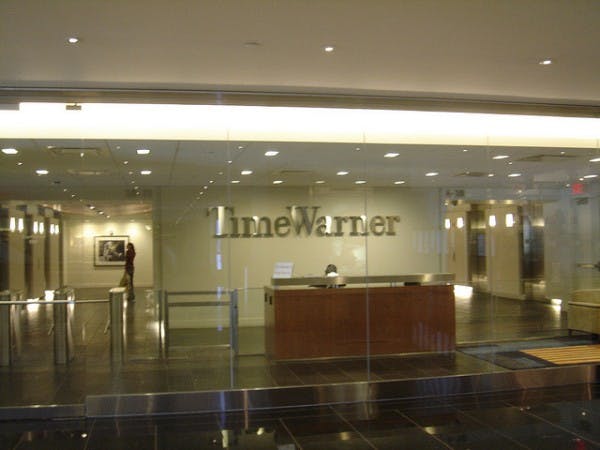The Florida Gulf Coast Eagles are the reason that March Madness is America’s greatest sports spectacle.
And that’s why CBS and Turner Sports, the networks that are showing the games this year, love the tournament.
“The Florida Gulf Coast who?” you may well ask. My point, exactly. This little-touted team, based in Fort Myers, Fla. — which is anything but a traditional hotbed of basketball prowess — has captured the nation’s imagination. It is the first time that a 15th-seeded team (out of 16) has advanced to the round of the Sweet Sixteen, on the strength of its highly entertaining and decisive victory on Sunday night against the vastly outclassed San Diego State squad.

That a team virtually nobody outside of the Sunshine State had ever heard of could advance in the tournament as far as such perennial collegiate powerhouses as Kansas, Duke, and Michigan State means everything. The networks appreciate the two-pronged spectacle, meaning, first, the tournament is a truly national affair and, second, Cinderella is right at home here. Sports fans love rooting for the underdog, the David versus the Goliath, and there is no shortage of that sort of drama this year in the tournament.
That’s precisely why Time Warner Inc (NYSE:TWX)’s Turner Broadcasting and CBS Corporation (NYSE:CBS) secured a $10.8 billion, 14-year deal to broadcast NCAA’s March Madness basketball tournament beginning in 2011. The arrangement meant that for the first time, every game would be televised live across four national networks: CBS, TBS, TNT, and truTV.
The tournament is booming. CBS, which has shown March Madness games since 1982, and newcomer Turner could wind up airing more games than ever before. The NCAA, whose slate of teams increased to 68 from 65 in 2011, could go, before too long, as high as 96 teams, college basketball pundits have speculated.
And why not? America loves this annual national Mardi Gras. In every office in the nation you’ll find otherwise serious, well-educated men and women spending more time examining the progress of their NCAA brackets than their boring old spreadsheets.
For CBS, which will be showing the Final Four and championship games, “March Madness” has a bonus this year. The final weekend of action will occur on April 6, with the two semifinal contests, and April 8, the championship game. This means that CBS Corporation (NYSE:CBS) will benefit on the bottom line in its second quarter, too. Having the NCAA’s final weekend and the Masters golf tournament on back-to-back weeks in April will virtually guarantee a huge television audience and strong advertising dollars for the network.
And what about the future of March Madness? Now, things could get interesting.
Variety has suggested that “college hoops’ crown jewel, the Final Four, is poised to land on cable.”
There is no certainty of this outcome, though NCAA television experts suspect that Turner could very well show the Final Four as early as 2014, with the two broadcasting operations alternating the rights in the future.
The national championship game averaged nearly 21 million viewers last year. I can’t imagine that an executive as competitive and savvy as CBS Chief Executive Leslie Moonves would allow the big game to slip away from his network.
Meanwhile, Turner’s parent, Time Warner Inc (NYSE:TWX), has an agenda of its own, of course. Time Warner is feeling strong off its move (finally) to unload the Time Inc. publishing unit, which no longer fit into Time Warner CEO Jeff Bewkes’ strategy of broadcasting and movie properties as its chief assets. Time Warner’s stock rose in early March, as word spread about the spinoff of Time Inc., a sign that Wall Street embraces Bewkes’ game plan. To continue the momentum, Time Warner would love to have the bragging rights, through its Turner subsidiary, to the 2014 Final Four, and all of that pomp and circumstance.
There are additional benefits — subtle, perhaps, but real nonetheless — for CBS Corporation (NYSE:CBS) or Turner to have the Final Four. The winning network could then show commercials for its own slate of entertainment and news shows. The visibility would be terrific for, say, CBS’ early and evening news shows. On Turner’s side, CNN, which is operating under new head Jeff Zucker, could promote the news channel to a coveted prime-time audience of affluent men and women.
Is it any wonder that the TV networks love having a bad case of March Madness?
The article Why TV Loves March Madness originally appeared on Fool.com.
Fool contributor Jon Friedman owns no stock in any of the companies mentioned in this column. The Motley Fool has no position in any of the stocks mentioned.
Copyright © 1995 – 2013 The Motley Fool, LLC. All rights reserved. The Motley Fool has a disclosure policy.
